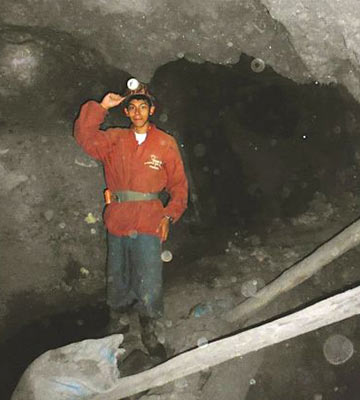In an era where the front lines of battle no longer exist, scholars work to understand the manner in which human conflict occurs. Seemingly gone are the days where the United States or most other nations would need to engage in war against another state. What, then, is the nature of armed conflict now, and how will it evolve in the coming years? This is the question that Peace and Conflict Studies’ Assistant Professor Jacob Mundy and former Post-doctoral Research Fellow Stephanie Fishel sought to answer when they organized the Wars Beyond War workshop, which took place at Colgate in March of 2012.
The workshop participants included Professors Dan Monk, Nancy Ries, and Susan Thomson, all members of Colgate’s Peace and Conflict Studies department. Scholar David Campbell, then holding Colgate’s O’Connor Chair, also participated.
Workshop presenters came to Colgate not only from around the country, but also from around the world, including China, Sweden, Canada, and the United Kingdom. Such topics as international terrorism, civil wars, humanitarian intervention, and unarmed drones were debated and discussed to the educational benefit of all attendees.
Each workshop presenter and participant has written extensively on these topics. Some of these scholar’s contributions to the workshop are now available in one cohesive academic journal, The new issue of Critical Issues on Security, with an introduction by Professor Mundy and an open-access article by Dr. Fishel, features the research presented at the workshop. These articles makes a significant effort to answer some of the most pressing questions as to how scholars and governments should respond to the ever changing sphere of human conflict. This special journal issue, building on the War Beyond Wars workshop workshop, represents yet another example of how Colgate’s Peace and Conflict Studies program is a leader in this rapidly evolving field.




